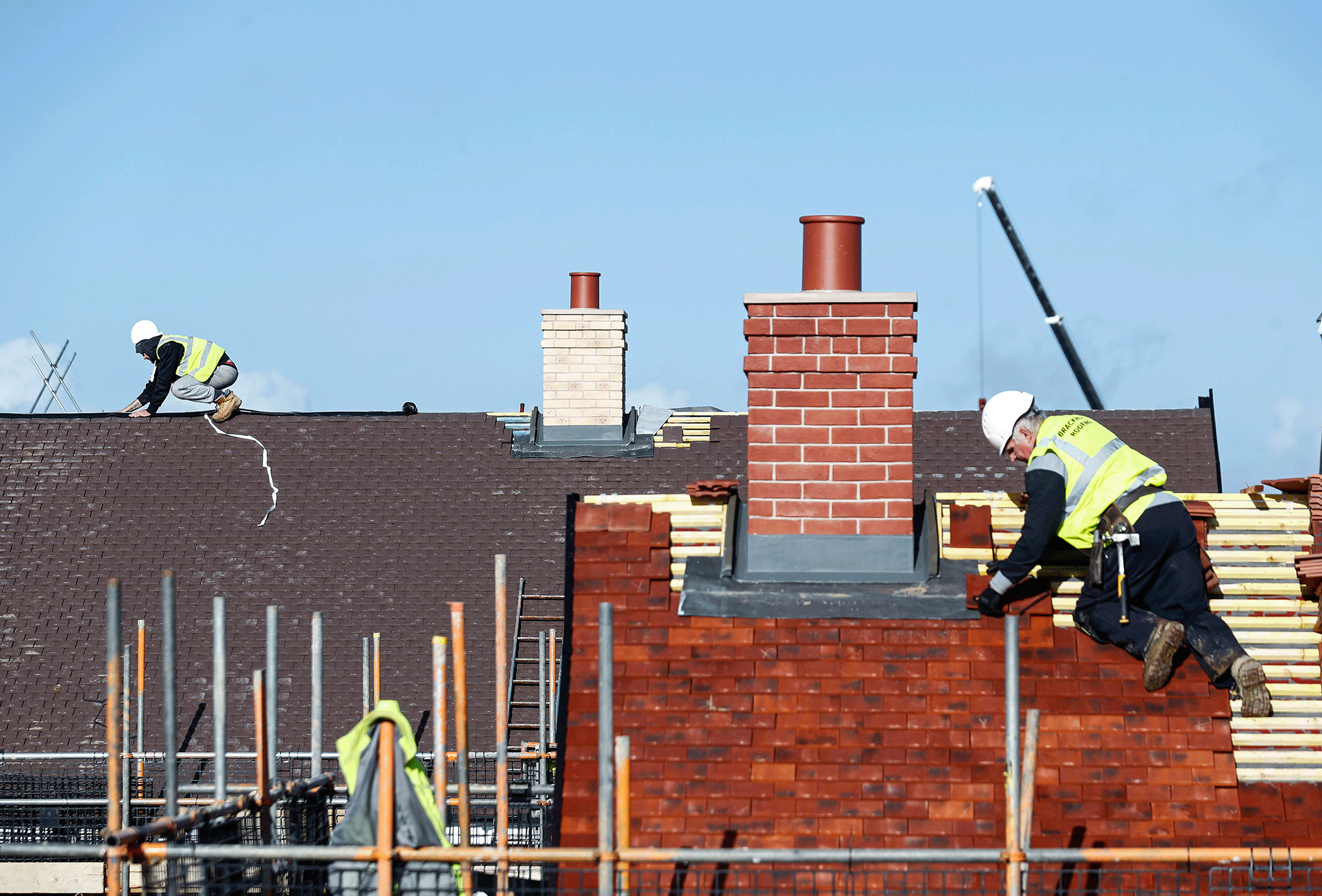Yes, let’s build more social housing – and show that we’ve learned the lessons of the Grenfell tragedy
To reactionary sections of the media social housing has become a place where only poor people should live. If the stigma is to be vanquished, this is surely where a major battle needs to be won


David Lloyd George never actually promised “homes fit for heroes” after the First World War.
The Liberal prime minister’s pledge was that his coalition government would construct “habitations fit for the heroes who have won the war”.
But whether a “habitation” is the same as a “home” the substance was clear: the state, in the form of local authorities, would build new residences on a large scale.
National resources would be ploughed into improving the housing conditions of the working class, who had paid such a fearful price in the military conflagration.
A new ironclad political will came forth, forged in the sacrifices of the Great War.
Shelter’s cross-party Social Housing Commission, a century on, urges a similar housing revolution, although one forged not in the fires of war but the flames of the Grenfell Tower disaster.
Its report, which has been in the works for a year, argues that the state should commit to constructing three million new social housing units over the next 20 years.
This would not only represent a housebuilding revolution, it would ultimately create a profound shift in the way we live.
The dominant housing trend of the past two decades has been the doubling of the number of households in the private renting sector to 5 million, with the share also doubling to 20 per cent. The commission’s supply surge would probably squeeze down the share back down to the 10 per cent last seen in the early 1980s.
The upfront cost would be around £11bn a year according to the commission, around half a per cent of GDP. Yet additional social housing (rather than the more expensive “affordable housing” category invented in recent years) should ultimately reduce the housing benefit bill. And the additional construction activity should boost tax revenues. The consultancy Capital Economics estimates suggest this would cut the average net cost to the taxpayer to around £4bn a year.
This estimate seems broadly plausible. We’ve had a vivid demonstration in recent years of how housing policy creates feedback in the broader public finances. The coalition slashed grants to housing associations – which build social and affordable housing – after 2010 but this didn’t save the taxpayer money in the end. It merely inflated the housing benefit bill as people were shuffled into the more expensive private rented sector and required higher welfare payments to make their rent, precisely as experts in the sector had warned.
The obstacle may be less the cost of the commission’s proposals than the politics.
Margaret Thatcher’s Right to Buy revolution of allowing tenants to acquire their council houses at discounted rates is seen in Conservatives circles as one of the party’s greatest policies – supposedly spreading wealth and boosting socially mobility – despite the fact that it severely depleted the stock of social housing for future generations. For all the claims of Conservative ministers to have reformed their attitudes to social housing, a surge of construction on this scale would probably feel like a painful repudiation of Thatcherism.
Conservatives have also been opposed to social housing for more practical reasons since, in the reported words of George Osborne and David Cameron, it “just creates Labour voters”. Survey evidence backs this instinct up. Social tenants were more likely to vote Labour in each of the past three general elections.
Yet the context here is that the nature of social housing tenants has been shifting. Research by the Resolution Foundation shows 80 per cent of social renters are in the bottom half of the income distribution, up from 60 per cent in the 1960s.
To reactionary sections of the media social housing has become a place where only poor people should live – something that explains the outrage when it emerges that a relatively well-paid MP like Kate Osamor or a trade union boss like the late Bob Crow does so.
From “homes fit for heroes” to “homes fit for zeros”. If the stigma around social housing is to be vanquished, this is surely where a major battle needs to be won.
But the electoral logic is shifting. A stark feature of the 2017 general election was the large advantage for Labour not only among social renters but also among the growing ranks of younger and middle-aged private renters. The housing status quo, for the Conservatives, does not look electorally attractive.
A mass expansion of social housing is not the only way to tackle the housing crisis of course. Tenure reform is another. Private tenants in Germany, who make up the majority, have extensive rights and security of tenure and, as a result, are not clamouring for social housing. And rather than making housing cheaper, politicians could focus on ways to boost families’ incomes, which have been under heavy pressure for a decade.
Yet a major expansion of UK social housing supply from the current feeble levels – even if they do not reach the volumes urged by the Commission – is plainly warranted. Those sprawling waiting lists for social housing and the explosion of homelessness since 2010 tell the frustrated demand story for this form of heavily subsidised accommodation in themselves.
And if ministers stall on promises of making life more secure for all private tenants – if the vested interests of MPs, a fifth of whom are landlords, contrive to block it – the radicalism of the Shelter Commission will surely start to look increasingly attractive.





Join our commenting forum
Join thought-provoking conversations, follow other Independent readers and see their replies